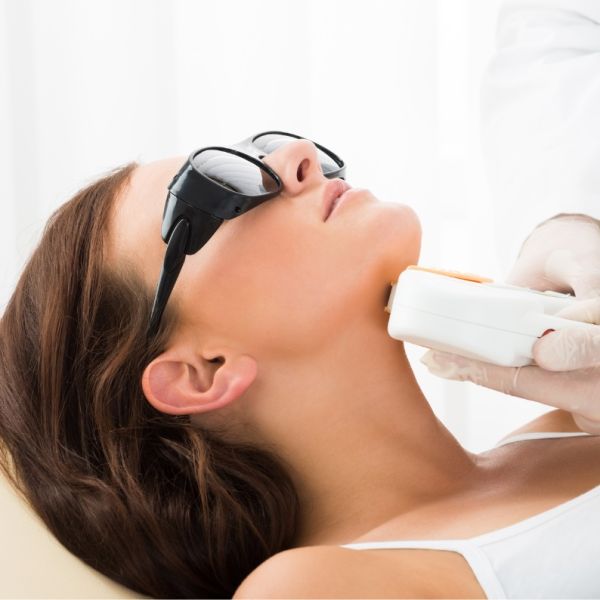BABTAC comments as The Scottish Government announces revision to the regulation of Non-Surgical Procedures Bill after consultation analysis and response.
The Scottish Government has announced the revision of its proposed Non-Surgical Procedures Bill for Scotland, designed to bring more robust yet appropriate regulation for the Scottish beauty industry.
The bill aims to bring in standardised requirements across the board, with a tiering level for each non-surgical procedure that ascertains whether it must be carried out by a licensed premises and beauty professional or in some circumstances, strictly by a medical professional, based on risk.
Amongst the key contributors that consulted on this industry-changing bill is the British Association of Beauty Therapy and Cosmetology (BABTAC), as part of their decade-long role as the beauty industry representative in the Scottish Government’s Inventions Expert Group.
BABTAC’s CEO and Chair, Lesley Blair, says “We are grateful to have played an instrumental part in the revision of the Non-Surgical Procedures Bill for Scotland, both through our own submission as well as my contribution as a part of the Scottish Government's Interventions Expert Group. We are delighted that all of our recommendations have been included in the revisions and that this now reflects a proportionate approach to regulation without impacting client safety and professional standards, which is imperative for the future of the sector in Scotland.”
The recent updates to the Non-Surgical Procedures Bill, championed by BABTAC resulted in several popular beauty treatments being recategorised into ‘Group 1’ regulation whereby lower risk procedures can be undertaken by a qualified beauty professional, so long as they are within a licensed premises, protecting the consumer without significantly impacting the offering of beauty businesses.
Amongst the treatments that have been updated to sit within the Group 1 category (deemed low risk) following the consultation are:
- Photorejuvenation
- Fruit peel or glycolic acid chemical peels that affect only the viable epidermis or outer layer of skin
- Radiofrequency treatments
- High frequency ultrasound (for non-intimate use)
- Cryolipolysis
- Cryotherapy
- Electrocautery (also known as advanced electrolysis)
In addition to the existing modalities, that had already been placed within the category:
- Microneedling to a depth of 1.5mm
- Laser hair and tattoo removal
- Laser treatments for acne scarring, sun damage and treatment of skinlesions (but only non-ablative treatments)
- IPL and LED therapies
Lesley confirms “this is a very positive step forward and BABTAC will continue to support and advise both the Scottish and the wider UK government with insights and recommendations to ensure the final Bill is valid, robust and enforceable, while allowing provision for ongoing evaluation.”
Further details on the announced bill is available here: https://www.gov.scot/publications/consultation-background-paper-regulation-licensing-non-surgical-cosmetic-procedures/pages/4/

